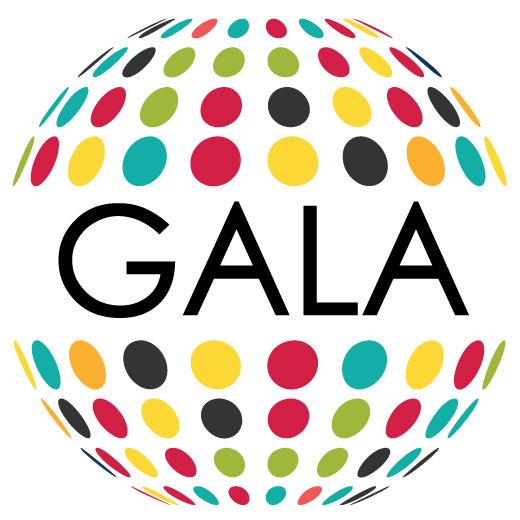University of Witwatersrand Conference on Learning and Teaching
Online 5-7 September
Call for Abstracts
In late 2022, the South African higher education was preparing to adapt to a “new
normal”, incorporating the hard-earned lessons learnt during and after the
pandemic. However, the release of ChatGPT, a large language model, disrupted the
higher education landscape. ChatGPT and other AI text and image generators
quickly proliferated, adding an unprecedented level of disruption and rapid
innovation.
Some may view the AI chatbot era as a “Chatpocalypse Now” event, with its
phenomenal uptake in a short span of time assailing academic integrity, infringing
copyright in the creative industries, and raising concomitant data, privacy, and
ethical concerns for both individuals and society. Others see its promising
applications across various disciplines, and, more so – in the higher education sector
– as an opportunity to re-evaluate the purpose of higher education as well as to
herald new ways of assessment, learning, and research.
As we ride the tsunami of accelerated technological development that has hit our
shores, the Wits Centre for Learning, Teaching, and Development (CLTD) would like
to provide a platform for multidisciplinary contributions from the Wits community to
this evolving conversation. In anticipation of the rich and critical discussion of the role
of AI technologies for Learning and Teaching, our conference theme this year is:
Ensuring Responsibility, Equity, and Access: Artificial Intelligence in Higher Education.
We invite submissions on the following sub-themes:
• Learning & Teaching with AI (including academic literacy development)
• Cultivating academic integrity
• Assessment as/for/of learning (explicitly aligned to the current SSO)
• AI for research
• The Ethics of AI
The abstract (250 – 300 words) should outline either your personal, professional, or
scholarly perspective/views on how these tools may augment, shape, or impact your
academic endeavours. You may also choose to reflect on your recent experience
of learning and teaching with these tools, describing the challenges and
opportunities that you have encountered, or you may opt to describe your
intentional resistance of its use and defend your choice and how this has played out
in your learning and teaching.
There is room for a variety of formats for online sessions: shorter (20-minute) presentations such as
scholarly talks, creative performances, or personal narratives, or longer (90-minute) formats such as
panel discussions. If there is a specific format you would like to suggest for your session, please do so.
We encourage both individual and group presentations on a particular theme. Moreover, we
especially endorse the inclusion of student voices in the submissions and urge the relevant heads of
schools to encourage this vital participation. Please forward your abstracts to CLTD by 17 July 2023.
Registrations for the conference are open and can be done at the same e-mail address, or later,
when it goes live, via the conference website.


